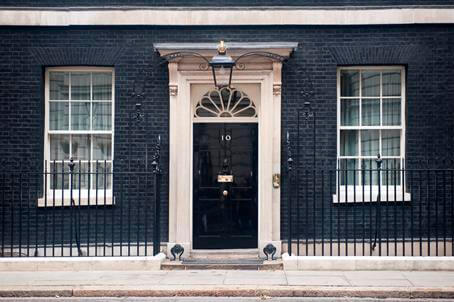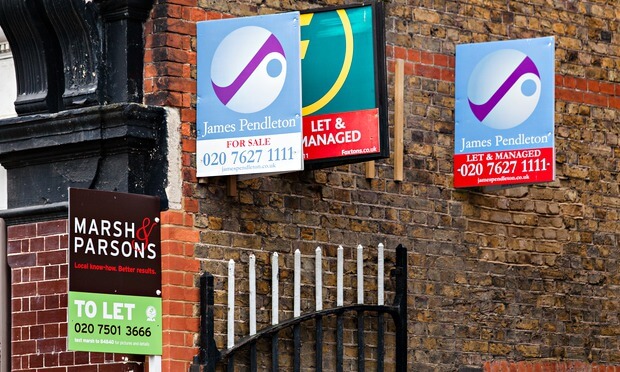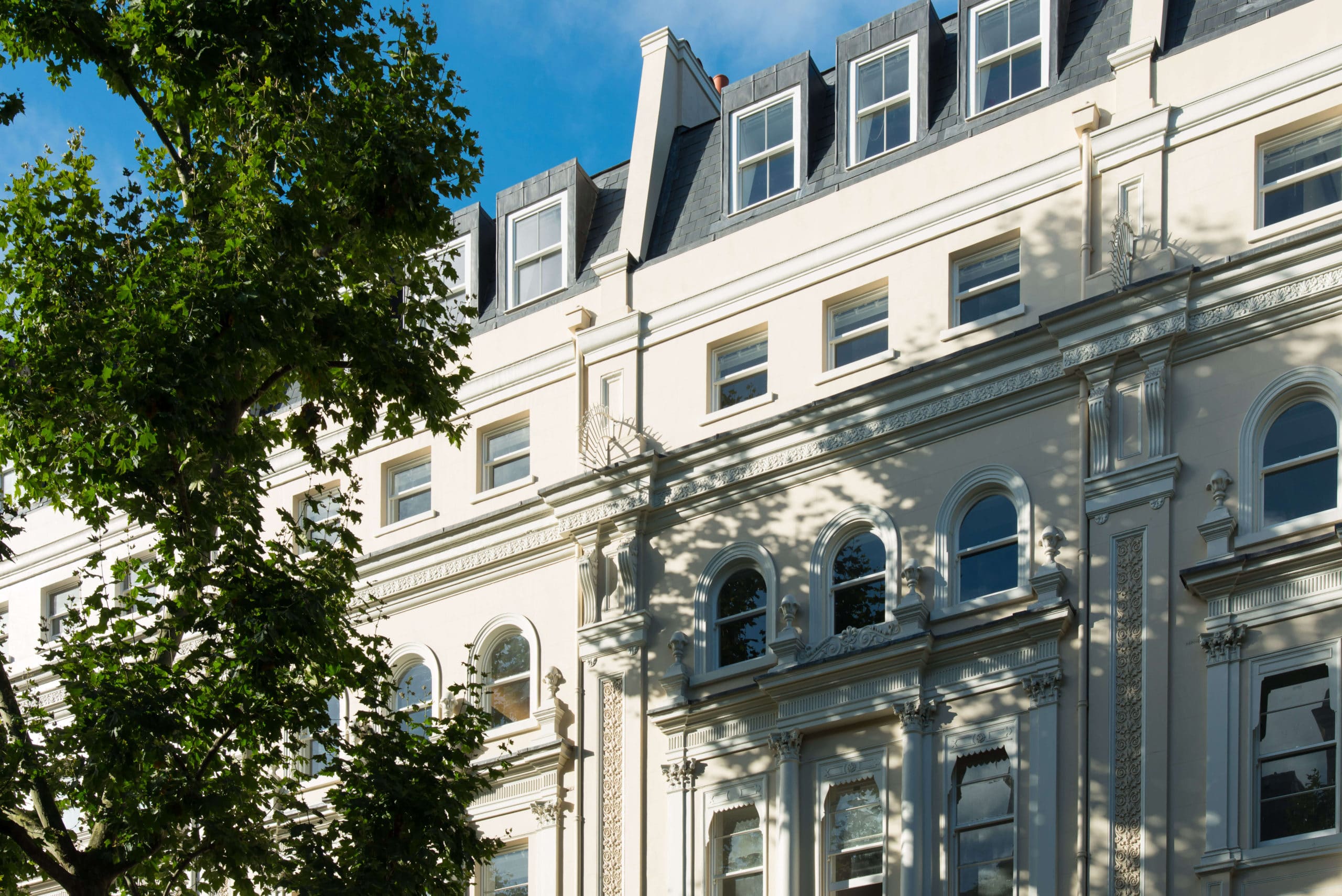12th March 2015
11mins
Annual price growth in Prime Central London (PCL) property slows to 4.0% but demand still strong ahead of election

London rental market hots up – good news for investment Landlords

Investment in commercial London property also remains robust. In recent weeks the UK government has also publicly reiterated its ambitions to make London a global hub for Islamic Finance – just one of many potentially significant long-term drivers to continued overseas investment in the capital.
Currency moves are also playing a role. At a time of heightened geopolitical uncertainty, sterling’s recent weakness is providing meaningful discounts to buyers seeking safe haven assets with US dollar, Hong Kong dollar, Swiss franc, Indian rupee and Chinese yuan wealth.
Sub-£2m remains the strongest segment

Outside of London, the annual pace of house price growth across the UK slowed for a sixth consecutive month in February despite a supportive labour market, record low mortgage rates and rising real wages. The average UK house price rose 5.7% in the twelve months to end-February, according to leading mortgage provider Nationwide. Vendors’ current sense of nervousness is also reflected in data revealing that 73% of UK homes sold in January exchanged hands below the original asking price.
Chinese investment in London to grow in the Year of the Goat

There is recognition from individual and corporate investors that London property remains a hugely attractive asset class for the long-term and Chinese interest in London is not just limited to individual investors. China Minsheng Investment Corp has recently chosen London for its first major international investment project. It will be leading a consortium investing over £2bn in London’s financial district.
Coinciding with last month’s Chinese New Year, Black Brick has launched a Chinese language website – one of the first property buying agents in London to do so. This is a further important milestone in positioning Black Brick as a leading property buying agency for Chinese investors with an interest in the London market. Information on Black Brick’s services as well as a range of case studies can be found on www.black-brick.com/cn We are now on wechat, a popular Chinese version of whatsapp. Our wechat ID and barcode can be found on our new Chinese website.
Property acquisition of the Month: made in Manhattan – a new build in New York

Through our partnership with one of Manhattan’s top real estate firms, we have been able to assist our clients with their property ambitions in New York for a number of years. March’s Property Acquisition of the Month is therefore a magnificent apartment in the new 44 unit development in New York’s 551 West 21 Street designed by internationally renowned architects Foster & Partners. At 2,425 square feet this two bed, 2.5 bathroom comes with the benefits of a full time doorman and concierge, a live-in superintendent plus fitness centre and spa. Advised and assisted throughout the process by our US partner, our Saudi client paid US $5.75m during the ‘preview stage’ of the building’s development. Subsequent apartment sales ahead of completion later this year reveal that prices continue to rise in this sought-after enclave of the Big Apple.
Elsewhere around the world, the international high end property market is far from homogeneous. In Singapore, the market has polarised between the strengthening commercial property sector and a high end residential segment that continues to struggle. In particular, the introduction of an 18% foreign investors’ tax, further levies aimed at disincentivising the ‘flipping’ of properties by speculators for short-term gain and a limit on borrowing have all impacted demand for high-end homes.
In Dubai, apartment and villa prices in the emirate have fallen at least 3% in the first six weeks of 2015, according to a leading real estate consultancy in the region. Weak oil prices, a strong US dollar and higher property transfer fees have all impacted the market.
Market conditions among the world’s few truly ‘global’ cities appear strongest in Sydney where record home sales and the prospect of further interest rate cuts are underpinning continued double digit annual gains for property prices. Prices in Sydney rose 14.7% from a year earlier in February, their fastest annual pace for five months. According to the latest statistics, Sydney house prices have risen 34.8% in local currency terms since June 2012. However, the Reserve Bank of Australia expressed concern about an overheating of Australia’s property market when it’s MPC met earlier this week. They have been trying to cool the market for some time and we anticipate that changes may be made to help cool the market.
Capital Gains Tax (CGT) for property sold by non-UK residents effective April 6: read an expert overview

“From April 6, CGT will apply on capital gains realised after this date in the sale or disposal of all residential property by non-resident individuals, non-resident trustees, personal representatives of a non-resident deceased person and some non-resident companies.
Taxpayers will have the opportunity to choose between rebasing the value of the property to 5 April 2015 or calculating the gain on the basis of time apportionment. As the extended CGT charge for a non-resident disposing of UK residential property will only apply to any gain after 6 April 2015, it is worth considering obtaining an updated valuation for CGT purposes.
The CGT rates for non-resident individuals will mirror those which currently apply to UK residents, trustees and companies, currently 18% or 28%. Non-resident individuals will also have access to the annual exempt amount of taxable gains, in line with UK residents.
Non-resident companies within this CGT regime will be subject to the same rate of tax as UK corporation tax (currently 20%). Indexation allowance will allow for the effect of inflation on the costs of acquisition when calculating any chargeable gain. Annual Tax on Enveloped Dwellings (ATED)-related CGT, applicable to corporate owners of residential property (subject to a number of exemptions), will remain and will continue to apply at 28%. To prevent potential double taxation, where part of the gain could be subject to both ATED-related CGT and the new CGT charge the ATED-related CGT charge will take precedence. CGT in the context of non-resident companies is complex and specialist advice will always be required.
A new rule will also be introduced restricting the private residence relief from CGT when the property is located in a jurisdiction in which the individual is not tax resident. This will apply to both non-residents disposing of UK residential properties and UK residents disposing of residential properties located outside the UK. From April 2015 a person’s residence will not be eligible for private residence relief unless, either the person making the disposal was tax resident in the same country as the property for that tax year or the person (or their spouse) spent at least 90 midnights in that property in that tax year (or across all of the person’s properties in a country in which they are not tax resident).”
Please note that the information given above does not constitute definitive advice and should not be used as the basis for giving definitive advice or relied upon without independent verification.
Any clients needing clarification on these or any other points on tax, please contact us and we can recommend an appropriate specialist or surveyor for an updated valuation.
We would be delighted to hear from you to discuss your own property requirements. For a non-obligatory consultation, please contact us.